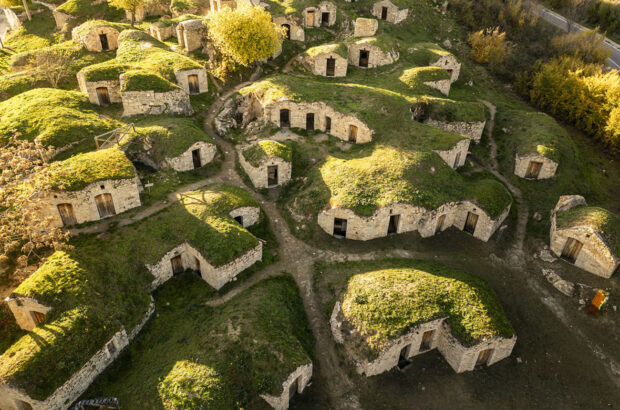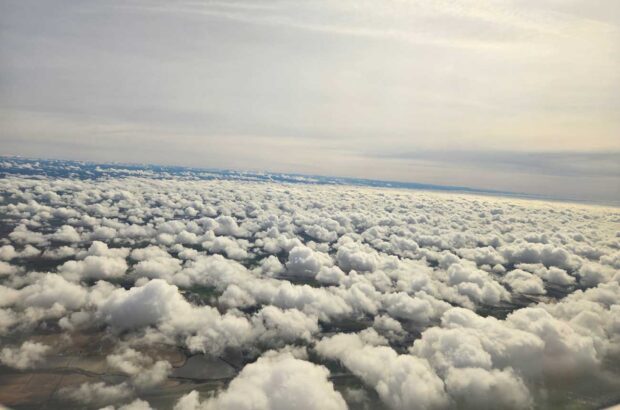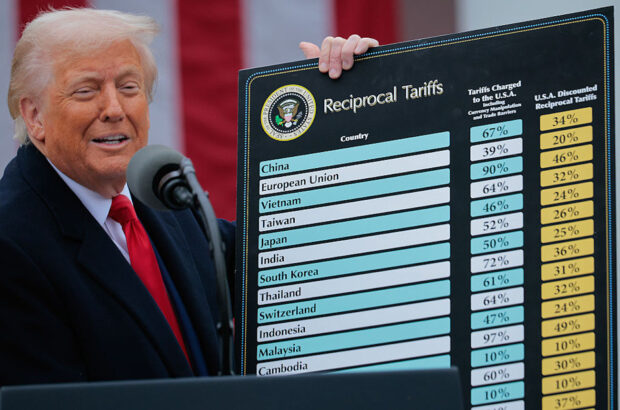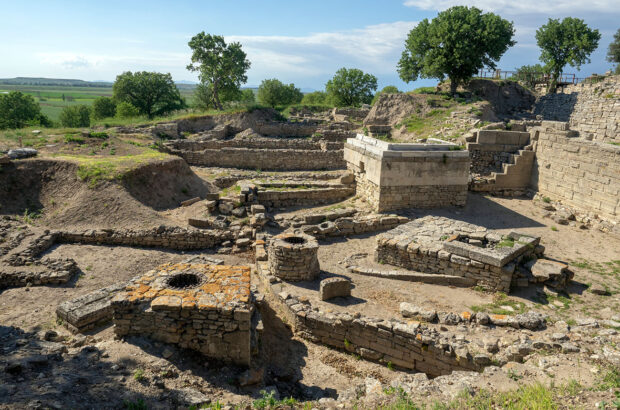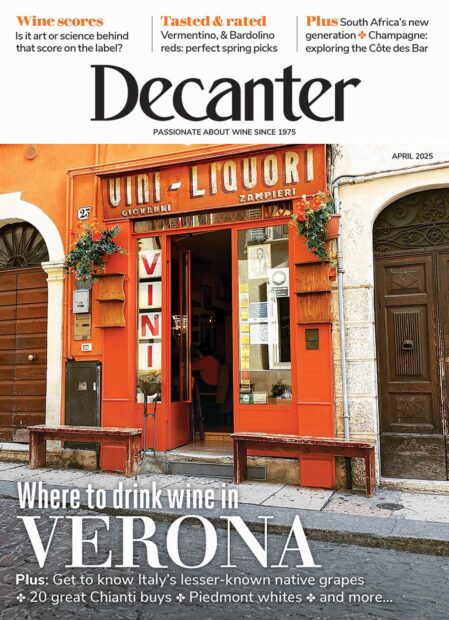While the Israeli onslaught in Lebanon intensifies, the country’s wineries are worried they might be targetted.
No wineries have been bombed yet, nor suffered any direct damage, but the Israeli military is targetting production facilities – a milk factory was destroyed recently, as well as a bottle factory – on the basis they could be used to manufacture military equipment or explosives.
There is considerable worry amongst wineries that as production facilities, and with cellars and caves which could be considered hiding places for weapons, they may become targets.
Lebanon’s wine region is the Bekaa Valley, some 50km east of Beirut. The valley is an alleged supply route for Iran and Syria to ferry arms to Hezbollah. Israel is concentrating on crippling its infrastructure in order to cut off supplies.
Chateau Kefraya, Ksara, Clos St Thomas, Massaya and other premium wineries are in the Bekaa Valley. Chateau Musar, Lebanon’s best-known winery, grows grapes in Bekaa but has its production facilities to the west, on the coast 25km north of Beirut. It is in no danger at present, although a bomb fell close to its Beirut office.
North of Bekaa is Baalbek, ancient site of the Temple of Bacchus, and a Hezbollah stronghold. That too is a target of the Israeli assault.
It has been impossible to contact Lebanon, but Richard Hunt, Chateau Musar’s representative in London, has been in close touch with the winery and with its owner Serge Hochar.
He told decanter.com all wineries were desperately worried but none is in immediate or apparent danger at the moment. ‘The country is devastated and it is a massive worry for everyone, but no winery has been hit.’
Hunt said that while vineyards in Bekaa had not been damaged, distribution and production was disrupted because of the obvious danger of moving anywhere in any kind of large vehicle.
‘As well as this, Beirut has more or less ground to a halt, with most restaurants and hotels closed.’
He added that Serge Hochar – the first Decanter Man of the Year in 1984 – and his compatriots, while distraught at the destruction of their country, were looking on the situation with a philosophical eye. ‘There is some feeling that they have been through this before.’
At the same time Hunt said sales of all Lebanese wines had increased since the assault began.
Tim Sykes, buying director for Enotria, which imports Chateau Kefraya, said there had been some ‘fairly desperate emails’ at the start of the assault but he had not been able to make contact since.
Since Wednesday, according to the Post, ‘over 100 Katyushas’ have landed in the area. Haviv said he would continue to ship wine but since half of his workers had left, and others had been called up for reserve duty, it was becoming difficult.
Written by Adam Lechmere


